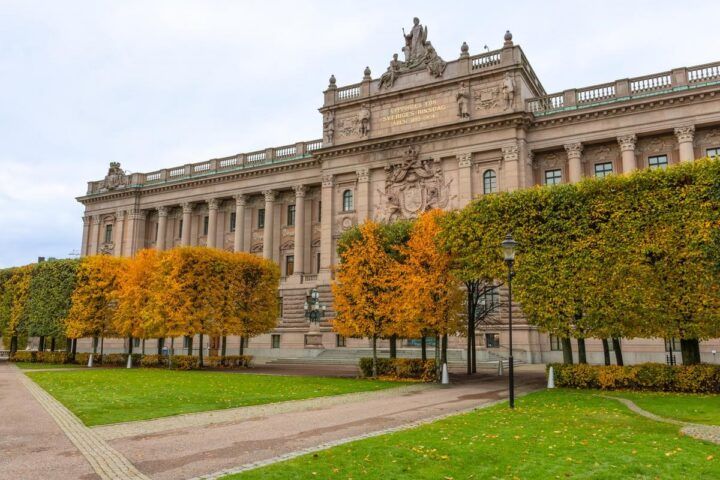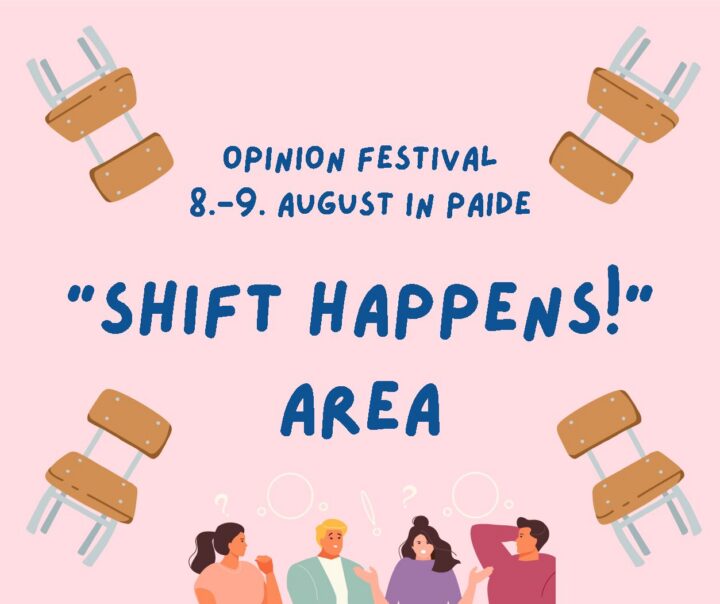Creative subjects in schools improve PISA results
| Impressive results from a Norwegian cultural school model now inspire Nordic politicians from all countries. Dance, drama and theatre will help pupils become committed and do well at school everywhere in the Nordic region. Politicians in all the Nordic countries have carried out a preliminary study on what importance of creative subjects like drama, dance and theatre have on the well-being and academic achievements of school pupils. The result was clear-cut. |
| “The pupils took on much more responsibility for their own learning and were better presenting their subject-matter when creative skills were brought into school. And a spin-off is that the pupils also improve in mother tongue teaching and maths, which can be read directly in the PISA context”, says Mogens Jensen, chair of the Nordic Council Culture and Education Committee. Creativity and innovation are absolutely crucial skills if the Nordic countries are to develop competitiveness and growth opportunities on the global market in the future. Therefore the Nordic Council now calls attention to the important fact that creative subjects should be put on the national agendas for school and university policies in the Nordic countries. In the preliminary study the Nordic Council took a closer look at the creative subjects in Iceland, Norway and Finland. The culture-school model in Norway was the most extensive. Here there are 407 schools spread out in all the country’s local authorities. Internationally increased attention is being paid to the importance of artistic subjects in teaching, not least as a consequence of the fact that UNESCO has put Arts in Education on its agenda. The EU Commission has also declared 2009 the European Year of Creativity and England has launched a major campaign ‘Every primary School to become of musical school’ involving an investment of £332 million. “In recent years the school systems’ adaptation to PISA, control and competition, has meant that there has been no focus on the democratic, social and empathetic qualities and good atmosphere in schools. However, more than ever we need creative and innovative competencies. The educational debate today is governed to a large extent by the results of international knowledge measurements, which have a tendency only to measure academic subjects”, explains Risto Autio, Finland’s member of the Culture and Educational Committee. In the preliminary study the Nordic Council has looked at several examples where creativity improves the learning and teaching environment. On the other hand, not all the countries have the knowledge of what teachers, management and the local community specifically have to do to achieve this. “The aim is not for all pupils to end up as artists. Art and culture have an intrinsic value and the potential to improve well-being and the quality of learning in schools, which the Nordic countries are already good at. However, there is a lack of transverse efforts and co-ordination between the countries which could lead to even better results”, concluded the chairman Mogens Jensen. |


